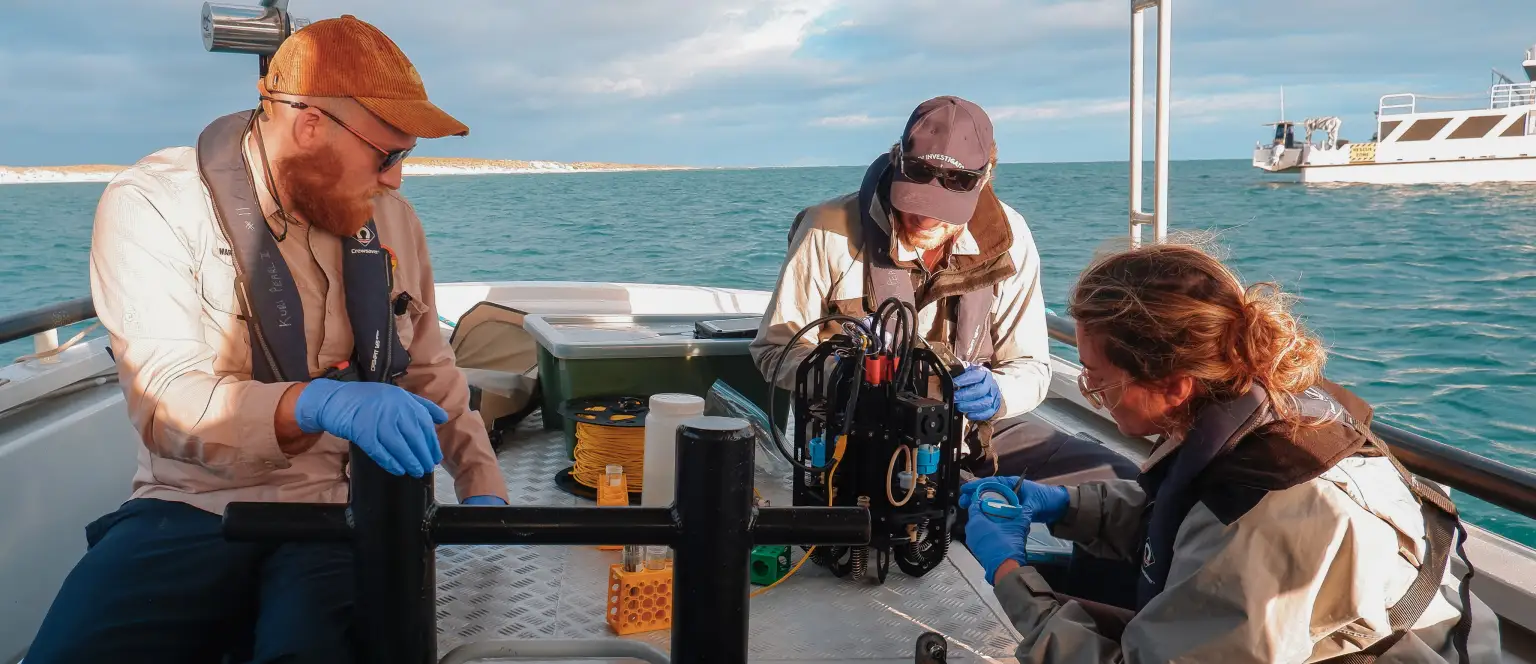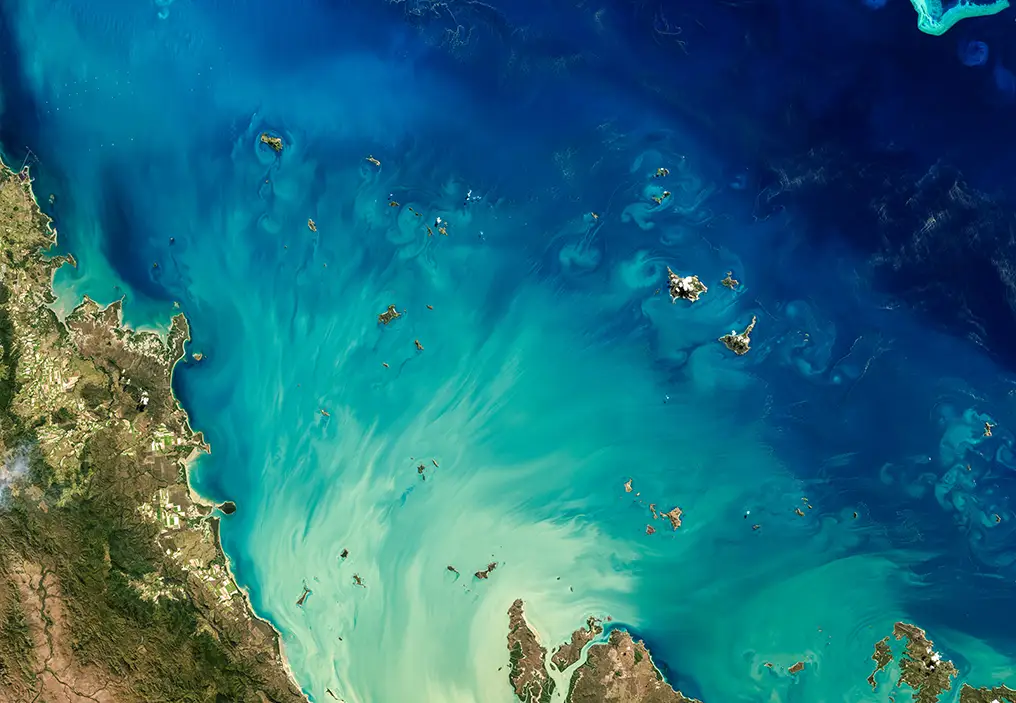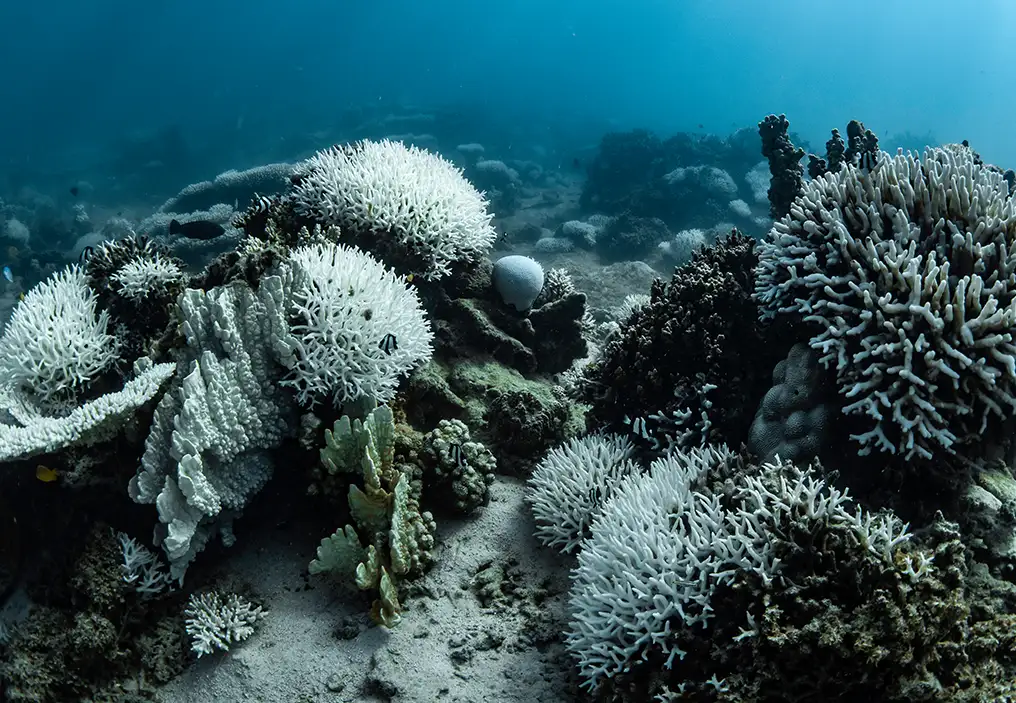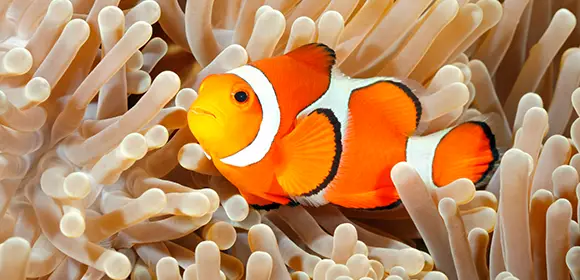“If you don't know it's there, you can't love it - and you certainly can't protect it.”
Our oceans are essential to life on Earth. They:
Absorb around 25% of global carbon emissions.
Produce 50% of the oxygen we breathe.
Provide food and water for 3 billion people.
But right now, our oceans - and the marine life they support - are under serious threat.
One of the most exciting tools in marine conservation today is environmental DNA (eDNA).
This breakthrough technology allows scientists to detect marine species simply by collecting and analysing seawater. Tiny traces of DNA, left behind by fish, corals and other sea life, can reveal which species are present in an area - all without needing to see or disturb them.
With eDNA, we can:
- Monitor marine ecosystems more efficiently and non-invasively.
- Track biodiversity over time.
- Detect changes in species health and habitat conditions.
- Support more informed conservation decisions.
We’re working with partners to harness the power of eDNA across Australian waters and beyond.

So far, we've completed more than 20 ocean voyages, collecting and analysing seawater samples using this cutting-edge technology.
To support this, we've built an on-board eDNA sequencing lab, enabling our teams to analyse samples in near real-time - a revolutionary leap in how we monitor ocean health.
These insights help us pinpoint where biodiversity is thriving or under threat and inform how we can design Ocean Conservation Areas to better protect them.

Catch up with researchers Eric Raes and Matt Fraser from Minderoo as they explain what eDNA (Environmental DNA) is and how it's helping to protect our oceans.
To identify what's in each seawater sample, we need a comprehensive genetic database to compare against.
That's why we're also working with global partners to build a reference library of marine genomes – a vital step to unlocking the full potential of eDNA.
Currently, just 4 per cent of known marine fish species have had their genomes sequenced. Our goal is to change that – and make this knowledge publicly accessible for marine scientists and conservationists worldwide.
eDNA is a game changer. It's fast, scalable, non-invasive and incredibly insightful.
With the right data, we can:
Influence marine policy and protections.
Support global conservation targets.
Better manage our oceans, now and into the future
You might also like

Uncovering the sea-crets of inner (*not outer) space.

Australia’s coral reefs are in crisis.
